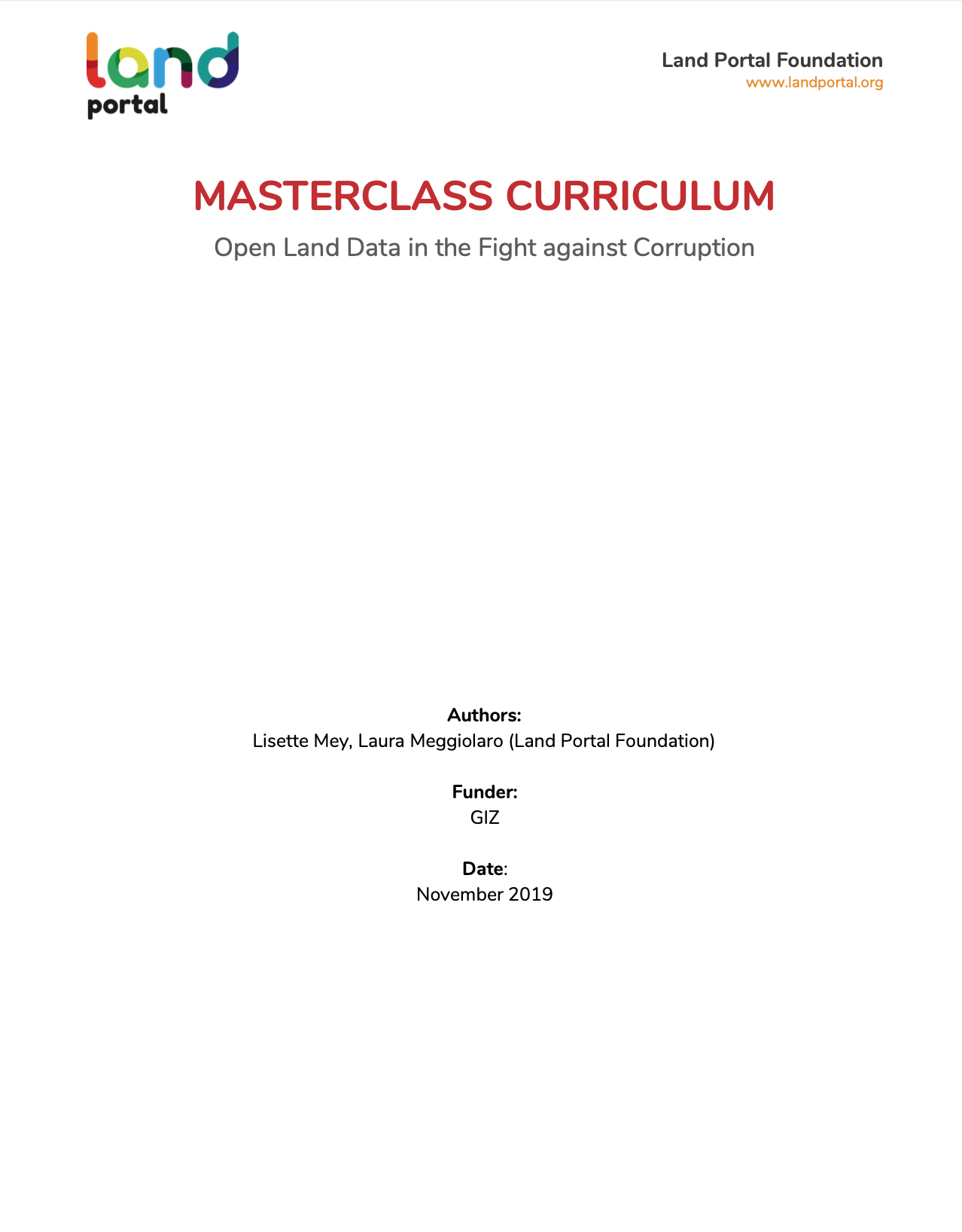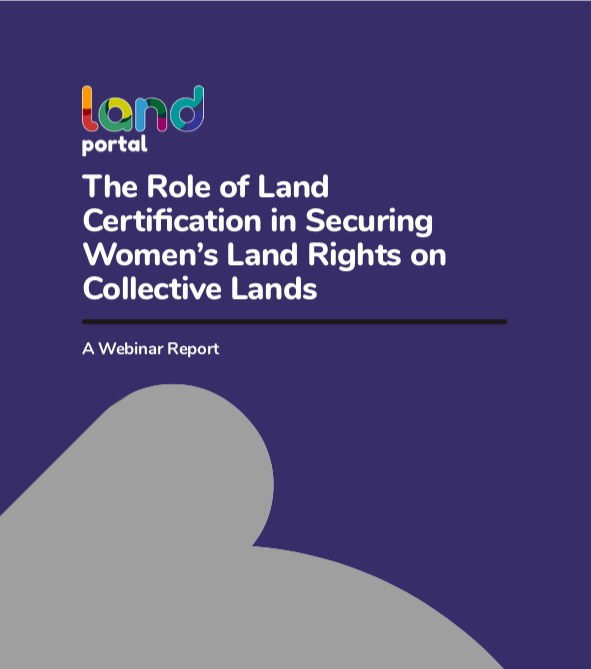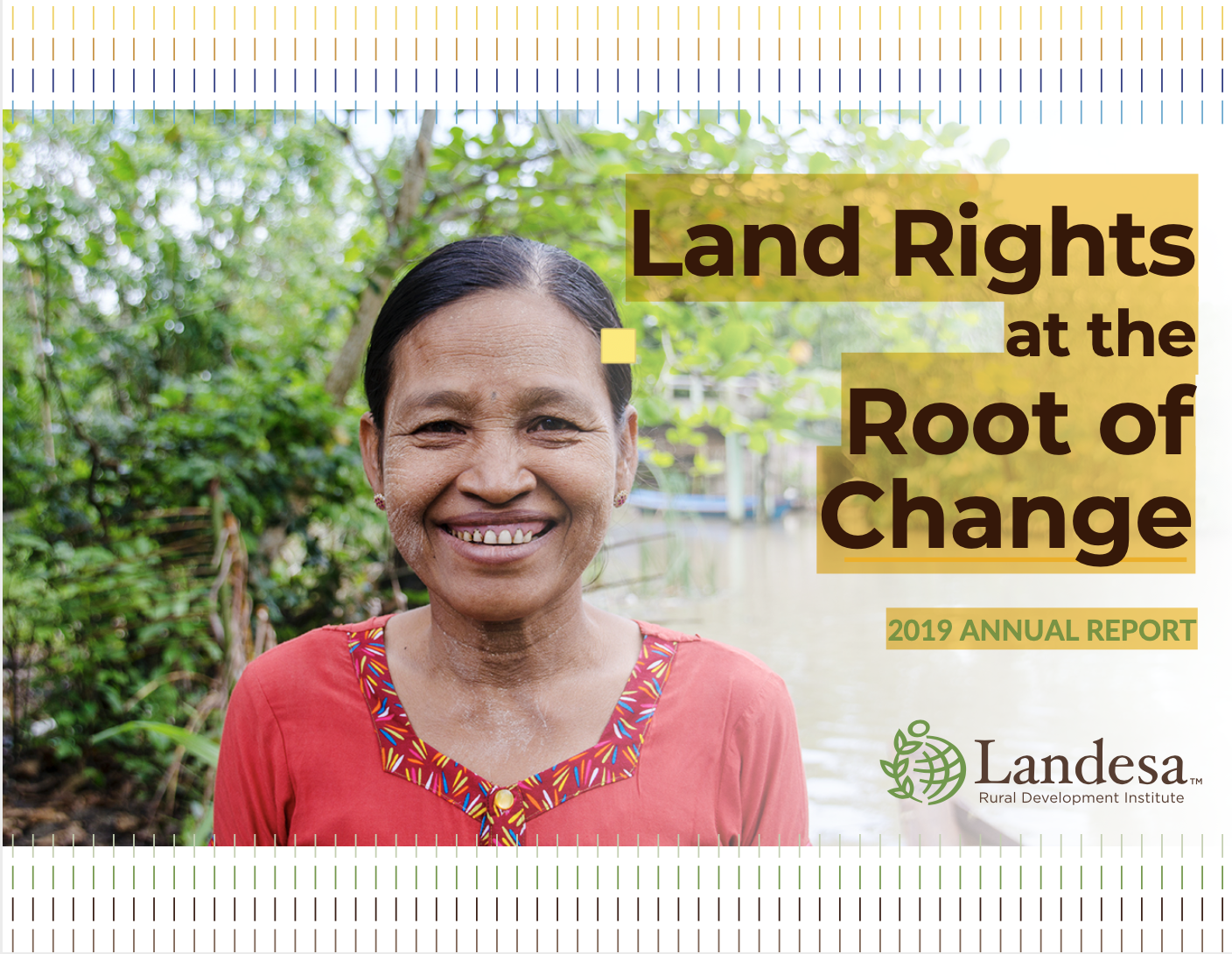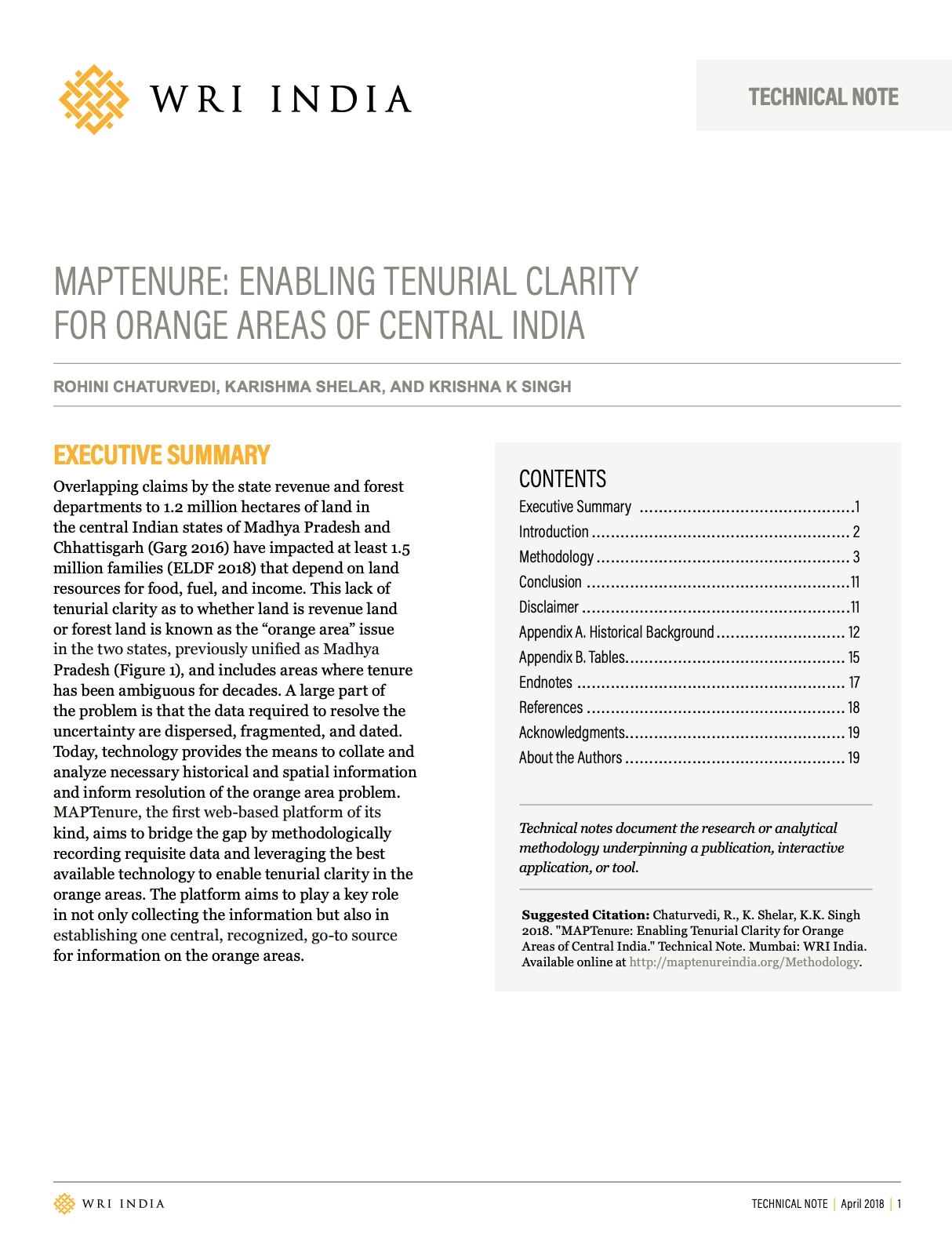CaVaTeCo Technical Guide 4 - Active Community Participation Improves Efficiency of Family Land Delimitation
A key feature of CaVaTeCo involves participatory delimitation of family land, leading to formal recognition by community associations of the owners’ rights of occupancy.












